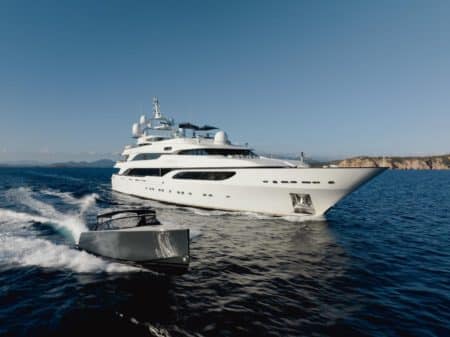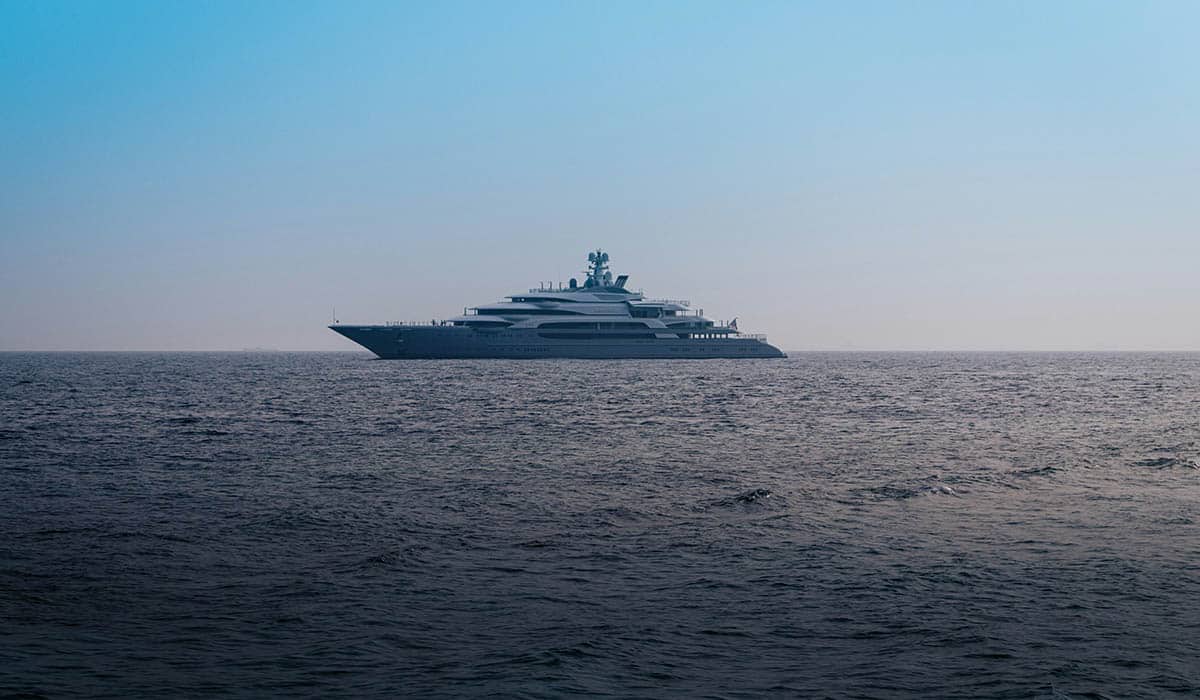Ecology has become a very important part of our daily lives, and when we think about our leisure time, it’s always present. It can therefore be very useful to take into account sustainable practices to protect nature and people when you charter a luxury yacht for your periods of relaxation. Is it possible to sail responsibly on this symbol of refinement and comfort? Here’s how to combine maritime pleasure with environmental responsibility.
Embracing technological innovation
Even in the luxury yacht sector, the collective conscience has been awakened, and with it have come new, much more responsible technologies. For example, you can choose a hybrid or electric yacht that aims to significantly reduce CO2 emissions. It’s also possible to opt for intelligent energy management systems that greatly improve the use of the yacht. Choosing a luxury yacht made from eco-designed materials can also be an excellent idea, not forgetting anti-fouling paints that are much less toxic. So you can make a major contribution to protecting the environment simply by choosing the right yacht.
You can also install efficient equipment. For example, you can install an anti-spill system to prevent fuel spillage when refuelling. You can also install equipment that produces additional renewable energy (wind, photovoltaic, hydrogen, etc.).
You can also choose a yacht with specific labels and certifications. This will make responsible yachting easier. For example, you can choose marinas with the Blue Flag label, which highlights sustainable practices. As for yachts, you can turn to certifications such as Green Yacht or ISO 14001, which highlight yachts and companies committed to reducing their ecological impact through rigorous environmental management.
More eco-responsible behaviour
 Knowing how to sail well is also one of the principles of eco-navigation. Every yachtsman holds the key to change and adopt more respectful practices. They can sort their waste, use biodegradable products and manage their waste more effectively. This will significantly reduce the amount of ‘leftovers’ and leave the sea cleaner.
Knowing how to sail well is also one of the principles of eco-navigation. Every yachtsman holds the key to change and adopt more respectful practices. They can sort their waste, use biodegradable products and manage their waste more effectively. This will significantly reduce the amount of ‘leftovers’ and leave the sea cleaner.
You can also adopt certain specific behaviours. You can opt for marinas that are committed to protecting the environment, or take part in marine conservation projects. By doing so, you’ll be helping to preserve our seas and oceans. Don’t forget to use the marina’s sanitary facilities on a daily basis. Use the electricity supplied on the quayside. That way, you won’t be switching on the generators. For your rubbish, use the appropriate containers.
Before you leave, you can also fill up early in the morning at a moderate rate. The fuel will then be cold and less dense. There will be fewer vapours and sprays. It is also advisable to wait several hours before filling up with the tanker. This will prevent residual deposits from being stirred up, and you can fill your tanks without the risk of them being displaced into your own tanks.
At sea, you can also take specific action. For example, never discharge black water in sensitive areas. Don’t run the engine unnecessarily and don’t sail at full throttle. By respecting the yacht’s maximum speed, you will save fuel and reduce pollution. To reduce noise in protected natural areas, also reduce your speed. Anchor buoys instead of anchoring. That way you won’t risk damaging the seabed. Choose sandy seabeds.
Responsible tourism also comes into play when you use your luxury yacht to discover the wonders of the sea. This concept is based on three pillars: respect for the environment, socio-economic contributions to local communities and a rich, conscious experience.
You can also select certain destinations that are committed to the environment. For example, you can sail in Scandinavia, which favours environmental management, or in New Zealand, known for its marine conservation initiatives.
The contribution of yachtsmen to environmental protection is crucial. For example, they will need to choose innovative propulsion technologies, opt for less polluting routes and practise eco-driving at sea. It will also be possible to take part in scientific research programmes aimed at learning more about the marine environment. Combining luxury and respect for the environment can be achieved by adopting environmentally-friendly practices and supporting responsible tourism initiatives.

















Leave A Comment